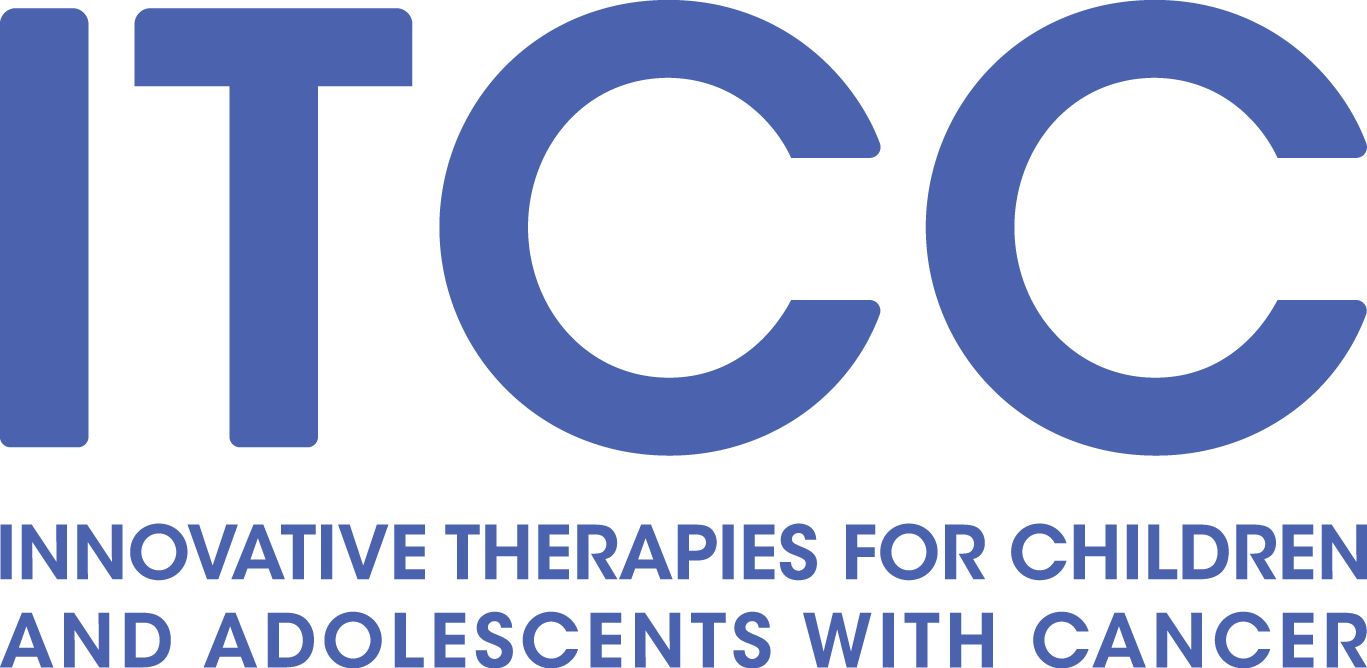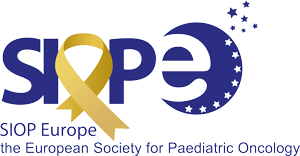The insufficient impact of the EU Paediatric Medicine Regulation on new anti-cancer medicines for the treatment of children and adolescents
A new study published by ACCELERATE in the Lancet Child and Adolescent Health provides for the first time a comprehensive analysis of anticancer medicines authorised for the treatment of a paediatric malignancy in the EU since 1995. With the European Commission reviewing the European Paediatric and Orphan Regulations, the article reports that the impact of the Paediatric Medicines Regulation on childhood cancers has been limited, leaving important medical needs unmet.
What are the main messages?
- Only 16 new molecular entities (NMEs) have been approved for the treatment of paediatric malignancies since the EU Paediatric Medicine Regulation was launched in 2007.
- Half of these new molecular entities are indicated for the treatment of diseases accounting altogether for 5.4% of all childhood cancer-related deaths.
- There was a median delay of 6.4 years between a first marketing authorisation in adults and a subsequent authorisation in a paediatric malignancy.
- Anticancer medicines for children and adolescents are authorised in the USA at a median time of 1.9 years ahead of their authorisation in Europe.

The European Union Paediatric Medicine Regulation
The Regulation was launched in 2007 with three main objectives: enable high quality research, ensure that most medicines used in children are specifically authorised for such use, and increase the availability of high-quality information about medicines used in children.
The study reports that the Regulation is driven by the relevant adult condition for the medicinal product and thus by its market size, rather than by the needs of children. Since its implementation, many potentially relevant anticancer drugs for children have been waivered on the ground that their condition in adults does not occur in children.
Developments based on drugs’ mechanism of action
The development of anti-cancer medicines in children has been driven by the adult market and major unmet paediatric needs have not been addressed. The observed changes in NME approval are linked to the substantial increase in anti-cancer drug development for adult malignancies in the past 15 years rather than to a direct effect of the Paediatric Medicine Regulation. The Paediatric Medicine Regulation needs to be more patient-centric and better equipped to contribute to curing more children and adolescents with cancer.
The study notes that starting earlier the paediatric development should be specifically rewarded, and waivers should be scientifically and medically justified. There is a need to accelerate and prioritize the paediatric development of anticancer medicines addressing the unmet medical needs of patients. These developments should be based on drugs’ mechanism of action and no longer be driven by the adult condition. “The ongoing revision of both the EU Paediatric and Orphan Regulations is an opportunity for these regulations to be more patient-centric and better fit for purpose for children and adolescents with cancer”, conclude the authors. Read the full publication
here.
Supported by
-
Andrew McDonough
Button




